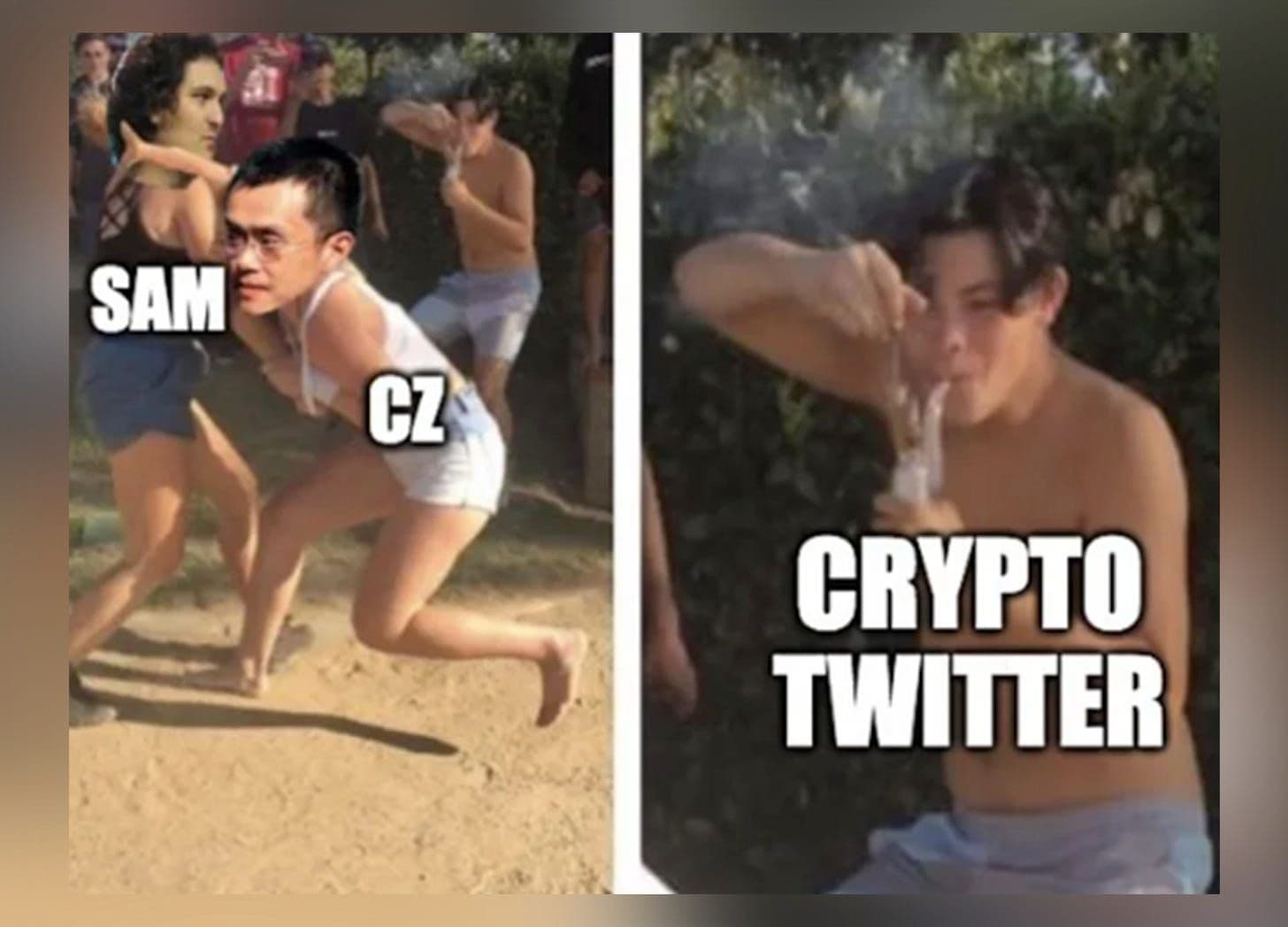
The SpaceX Merger: If You Want More Compute, Leave EarthFeb 12
the real chokepoint in the ai race is power, and elon is betting he can generate power in space faster than our glacial bureaucracy will allow down here on earth
Nov 20, 2022

Two weeks ago, in a storm of allegations concerning everything from fraud to outright theft, the world’s second-largest crypto exchange evaporated overnight. The founder, one of the largest Democratic Party donors in America, was revealed to be at best criminally incompetent, and at worst downright villainous. But perhaps the most fascinating thing about this story is where it broke, and where it continued to break as the tale evolved — not the “expert,” fraud-chasing, tech-loathing media outlets you would expect, but extremely niche publications close to the source, and then, for the most part, anonymous writers on Twitter.
This was the original dream of the internet: free men and women sharing information beyond the gatekeepers, connecting, collaborating, and in this case shedding light on what has easily become the most important business story in years. Some time over the last decade, the industry centralized, and bled into the worlds of media and government. But recently, there’s been something of a thaw. The old ways are returning. They’re named things like Autism Capital.
Brandon Gorrell breaks it down in a special weekend edition of Pirate Wires.